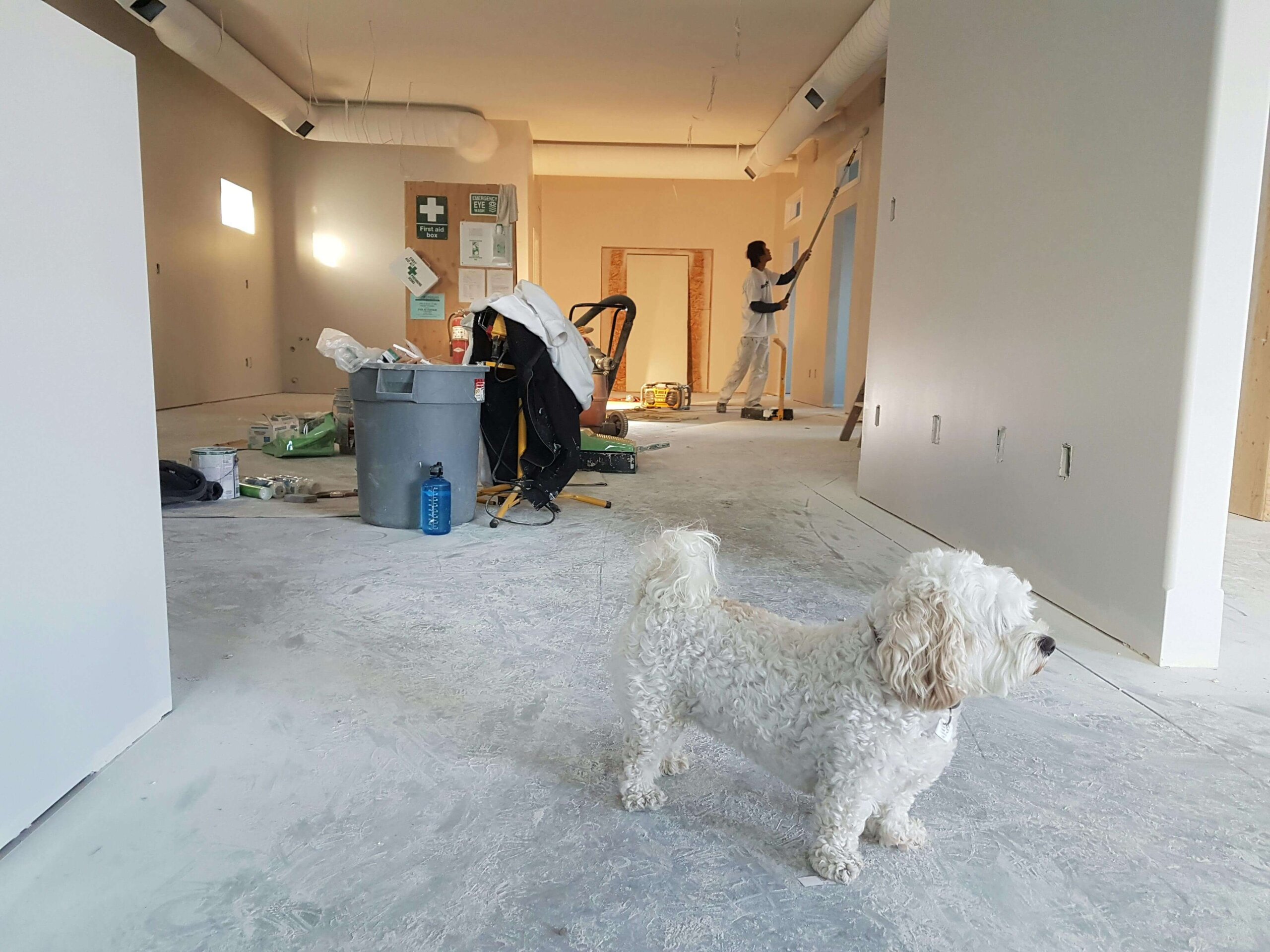Owning a rental property in The Woodlands can be rewarding, but it has its fair share of challenges. One common question for property owners is whether they can deduct their labor when working on their rental properties. Tax deductions can significantly impact your bottom line, so understanding what you can and cannot deduct is crucial.
Labor Costs in Rental Property Management
Labor costs refer to any expenses related to hiring workers for maintenance, repairs, or management tasks on your rental property. This can include wages, salaries, benefits, and even contractor fees.
As a landlord, you may also have some labor-related expenses that are not directly paid to a worker but are still considered labor costs. These might include tools and equipment rentals or mileage reimbursements for your employees.
Labor costs are generally deductible if they are ordinary and necessary for managing your rental property. However, some rules and limitations exist when deducting labor expenses, so it’s important to understand them before filing your taxes.
Understanding Deductible Labor for Rental Properties
Distinguishing between allowable and non-allowable deductions is essential for optimizing tax outcomes when managing rental properties. Specifically, understanding labor-related deductions can be challenging for property owners.
The Scope of Deductible Labor
Regarding rental properties, not all labor is created equal in the eyes of the IRS. Generally, expenses related to maintaining and repairing a rental property are deductible. This includes landscaping, plumbing repairs, electrical work, and property management services.
The cost can typically be deducted if you hire a contractor or pay someone else to perform these tasks. However, the rules change if you perform the labor yourself.
Maintenance vs. Capital Improvements
It’s important to distinguish between maintenance and capital improvements, as they are treated differently for tax purposes. Routine maintenance tasks, such as painting or fixing a leaky faucet, are generally deductible.
In contrast, capital improvements, which add value to the property or extend its life, must be capitalized and depreciated over time. Examples of capital improvements include adding a new roof or upgrading the HVAC system.
Special Services and Professional Fees
In addition to regular maintenance and repairs, fees for services related to the management and operation of your rental property are deductible. This includes fees paid to accountants, lawyers, or professional property management companies.
Keeping detailed records of these transactions is essential to support your claims during tax time.
Meeting the Requirements for Labor Deductions
The IRS has specific requirements that must be met for labor expenses to be deductible. These include:
Property Type and Usage
The property must be used as a rental to qualify for labor cost deductions. You may be subject to different deduction rules if you occasionally use the property for personal purposes. The terms of your rental agreement and the duration of rental usage can impact your eligibility for deductions.
Who Can Perform Deductible Labor?
You may deduct those expenses if you pay someone for labor on your rental property. However, if you do the work yourself, you cannot deduct the value of your labor. The IRS only allows deductions for expenses where money has changed hands.
Meeting IRS Standards
Adhering to the IRS standards of being ordinary and necessary for property maintenance ensures your labor costs are deductible (if you pay someone else to do it). This means that the labor expenses must be typical and necessary for your rental property to remain in good condition. Any extravagant or unnecessary costs will not qualify as deductible, no matter who does it.
What About Sweat Equity?
Sweat equity is a term that describes the value of work an individual puts into a property. Unfortunately, sweat equity cannot be deducted from your rental income. The IRS only allows for deductions on out-of-pocket expenses or costs paid to others. The improvements made through your labor will instead increase the property’s value, which can be beneficial when it comes time to sell.
Your time and effort have intrinsic value but only become deductible expenses if you hire someone else to perform the same job.
The Importance of Documentation and Record-Keeping
Rental property owners can deduct many other expenses, such as insurance premiums, advertising fees, utilities, and labor costs. Therefore, keeping accurate and detailed records of all rental property expenses is essential.
Keeping Accurate Records
Accurate record-keeping is critical to maximizing your tax deductions. Maintain detailed records of all expenses related to your rental property, including receipts, invoices, and bank statements. This will support your deduction claims and provide a clear picture of your property’s financial health.
Maintaining a Paper Trail
A well-documented paper trail includes contracts, agreements, and proof of payment for services rendered. Ensure that every transaction related to your rental property is recorded. Having this information readily available will streamline the process of filing your taxes and protect you in the event of an audit.
Using Technology to Your Advantage
There are numerous tools and apps designed to simplify record-keeping for property owners. Consider using accounting software tailored for real estate that allows you to scan and store receipts electronically. These tools can help you stay organized and ensure that no deduction-worthy expense goes undocumented.
Avoiding Common Mistakes in Labor Deductions
Understanding the rules and requirements for deducting labor expenses in rental properties is crucial to avoid common mistakes that could lead to IRS penalties. Some key considerations include:
Personal Use of Rental Property
Using your rental property for personal purposes can impact your eligibility for deductions. Make sure you know the rules and limitations regarding personal usage.
Overlooking Small Expenses
Even minor maintenance, repairs, or management services expenses can accumulate over time. Consider all potential deductions, as they can lead to significant tax savings.
Misclassifying Expenses
One of the most common mistakes property owners must correct is misclassifying expenses. Maintenance and capital improvements are taxed differently, so it’s essential to distinguish between the two accurately.
Residential Leasing Property Management for Landlords in The Woodlands
At Residential Leasing & Management, we understand the complexities of managing rental properties and maximizing deductions. Our experienced team provides professional property management services tailored to The Woodlands landlords’ unique needs, ensuring accurate record-keeping and proper expense classification.
Our comprehensive services include:
Tenant Screening and Placement: This service provides comprehensive tenant screening, including background checks, credit analysis, and income verification, to select responsible individuals for your property. We manage the placement process, from advertising to interviews and lease signings.
Rent Collection and Financial Reporting: We simplify rent collection for timely payments and offer comprehensive financial reporting on income, expenses, and property performance to aid in informed decision-making.
Property Maintenance and Repairs: Our team handles maintenance requests and emergency repairs quickly and efficiently, coordinating with trusted contractors to keep your property in top shape, boost tenant satisfaction, and protect your investment.
Marketing and Advertising of Vacancies: We use effective marketing strategies to quickly attract potential tenants, including appealing listings, online platforms, open houses, and social media to enhance visibility and minimize vacancy periods.
Contact us to streamline your rental property operations, minimize expenses, and maximize deductions.
The post Can You Deduct Your Own Labor on Taxes in The Woodlands, TX? appeared first on Residential Leasing & Management Corp..




